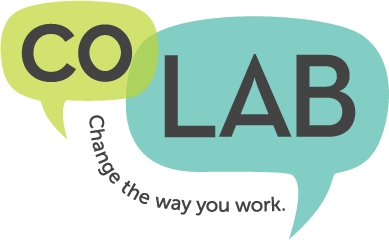For the general public, the mental health effects of COVID-19 are as important to address as are the physical health effects.
We took some time last week to research and learn more about mental health and we wanted to share it with you.
While we are not physicians or psychologists one bit, we did want to acknowledge that this is just as, if not, even more important to talk about. For a lot of us, this is something we have faced for years, but for some, this may be the first time we are experiencing emotions and thoughts that we are not able to explain.You’re not alone and we hope that some of these facts and tools are helpful and open a door for a meaningful conversation, now or in the future.
Keep reading for facts about mental health and a few tools for us to use.
All the best,
Dess
Facts about Mental Health
- More than 43 million Americans struggle with mental illness
- Most Americans lack access to adequate mental health treatment. 56% of American adults with mental illness did not receive care in the last year.
- Mental illnesses can affect people of any age, race, religion, or income. A mental illness is a medical condition that disrupts a person’s thinking, feeling, mood, and ability to relate to others and daily functioning.
- Many factors contribute to the development of a mental health condition, including life experiences (such as trauma or a history of abuse), biological factors, and family history of mental illness.
- Depression is the leading cause of disability worldwide.
- Common signs of mental health issues include: extreme mood swings, changes in eating habits, excessive worrying or fear, problems concentrating, and avoiding friends or social activities.
- 1/2 of all mental illnesses show early signs before a person turns 14 years old, and 3/4 of mental illnesses begin before age 24.
- More than 1 in 4 adults living with serious mental illnesses also struggles with substance abuse.
Some topics we discussed last week…
1. Meditation
While we can’t control what happens, we do have the potential to transform the way in which we relate to those things.
Have you tried meditation? It’s an optional tool that could help us with this. Before you tune us out, meditation can look different for every person and can be done the way that you prefer it. From guided, self-guided, or just taking time to breathe.
Meditation is both a skill and an experience. It is an exercise to develop more awareness and some incredible facts, it can eventually:
- decrease depression, stress and anxiety
- improve your focus, attention, and ability to work under stress
- give you mental strength, resilience and emotional intelligence
- improve learning, memory and self-awareness
2. Nutrition
One of the most unrecognized factors in the development of mental health is the role of nutrition. And let’s be honest, it is one of the hardest things to acknowledge and change… I mean, who doesn’t love a savory bag of chips and the convenience of fast food?
But, as more epidemics hit the headlines in our country, the link between diet and mental health is growing as the field of Nutritional Psychiatry/Psychology expands.
Staying healthy includes both washing our hands + keeping an eye on our nutrition. How are we fueling our bodies?
3. Mindfulness
The quality or state of being conscious or aware of something.
It is a practice and ultimately, a lifestyle designed to help you consciously invite lasting and good things into your life without having to hustle.
Mindfulness is inviting greater simplicity, love, and compassion, while clearing away those habits and thoughts that no longer serve you.
How do we develop mindfulness? Small exercises throughout your day.
Researchers have found that we release the most stress hormones within minutes after waking. Why? Because thinking of the day ahead triggers our fight-or-flight instinct and releases cortisol into our blood. Instead, try this: when you wake up, spend two minutes in your bed simply noticing your breath. As thoughts about the day pop into your mind, let them go and return to your breath. Keep repeating this until you feel comfortable, at peace, and ready to move on with the day.
Resources:
- The Essential Mental Health Resources for the COVID-19 Outbreak
- Meditation – https://bit.ly/34p0Gpl
- Mindfulnes – https://bit.ly/3baHkXM
- Nutrition – https://bit.ly/2RRkrkq

